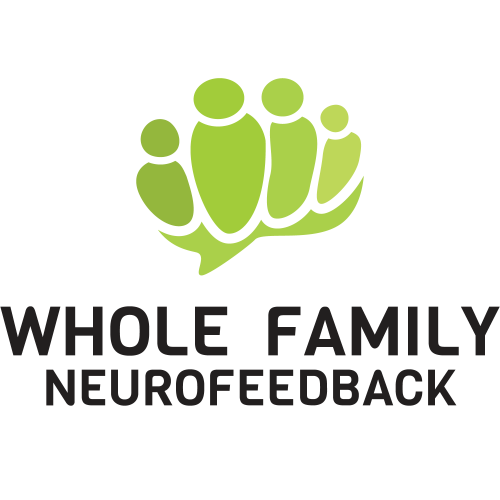Complex Kids, Complex Relationships, and Neurofeedback
My husband and I have had a bumpy road, both individually and in the marriage, when it comes to parenting our complex kids. When the girls were younger, most any time they went through rough times, our disagreements about what to do about it often brought out my insecurities as a mom and as a wife. It turns out I’m not alone.
Moms of kids with ADHD tend to have less confidence in their ability to parent their kids starting around 2nd grade, while fathers of these kiddos struggle with being less involved and tend to use “more punitive and mandatory parenting styles“. Each of these dynamics can be stressful on a marriage. And, in fact, marital satisfaction is also generally lower for parents of kids with ADHD. I often mention that I wish I’d had neurofeedback for the girls when they were younger, but the truth is, I wish I had it for both myself and my marriage back then. We just celebrated 20 years of marriage, and neurofeedback had a lot to do with our success. Caring for complex kids can be hard on a person and on a marriage, but neurofeedback can significantly help with both.
From a family systems perspective, one can observe an entire pattern of interactions that contribute to stress and that stress contributes to. Reducing stress is significant and can sometimes be enough. But sometimes, a family can benefit from greater awareness of the automatic patterns they can get pulled into. Neurofeedback helps with both. It can help reduce stress, yes, but it can also provide enough little interrupts in the family patterns, that they are disrupted sufficiently for them to change. A mom responding peacefully to a child’s bad grade would be one of these little interrupts. Dad softening and playing a game might be another. Mom and Dad going out on a date might be yet another. Not because these things have been prescribed but because they flow naturally out of happier, optimized brains.
How Does Neurofeedback Help?
When we think of marriage, we often think of just the two people in the marriage. Or we tend to think of the marriage, then the kids, then the extended family, as if they are all separate entities. In reality, they are part of a greater whole, something called a family emotional system. Adding children changes a marriage and changes the whole system. When our kids have complex issues or go through difficult times, it’s helpful to think in terms of the whole family rather than just the child, or just the marriage, or just the parents or grandparents. We are all reacting to each other, and we’re doing it hundreds and perhaps thousands of times a day. One of the ways neurofeedback helps, is by helping one think more instead of just feeling one’s way through the family labyrinth. This thinking brings about greater calm, and calm spreads just as powerfully as anxiety.
The ability to pause, to strategize and plan ahead, and the ability to have calm discussions with one’s spouse can all be buoyed by neurofeedback sessions. The settling down of grandparents can ease the pressure and stress one might feel. The more even just one family member can function in this way, the greater the stress resilience overall.
Neurofeedback provides “little interruptions” in the automatic patterns family members can get stuck in. With these interruptions come:
- Laughter in a stressful moment instead of worry or anger
- Broad perspective rather than narrow focus
- Pause instead of instinctive reactions
- Creative problem solving
- Better energy
- Better sleep habits
I’ve been amazed to see that when a person’s brain is simply working better, they can think more broadly and calmly. As the mammalian and reptilian brains settle down, the neo-cortex becomes more active. Creative solutions tend to come more easily. We can laugh at things that used to get us enraged. And we can get others in the family laughing as well! And it’s a lot easier to see things as dynamic rather than set in stone. We can quit asking ‘why’ and can be better at sticking with ‘what?’ What are we looking at/dealing with here? What are the emotional systems or relationships involved? What are the physiological systems involved? What are the strategies that have worked before? What books might be best to consult?
ADHD and Neurofeedback: A Family Systems Perspective
If you’d like to learn more, please feel free to watch the training below given to professional colleagues during a lunch and learn. It’s a little over an hour, but I believe the perspective will bring great relief and potentially a new understanding of the family and of how neurofeedback can help.
